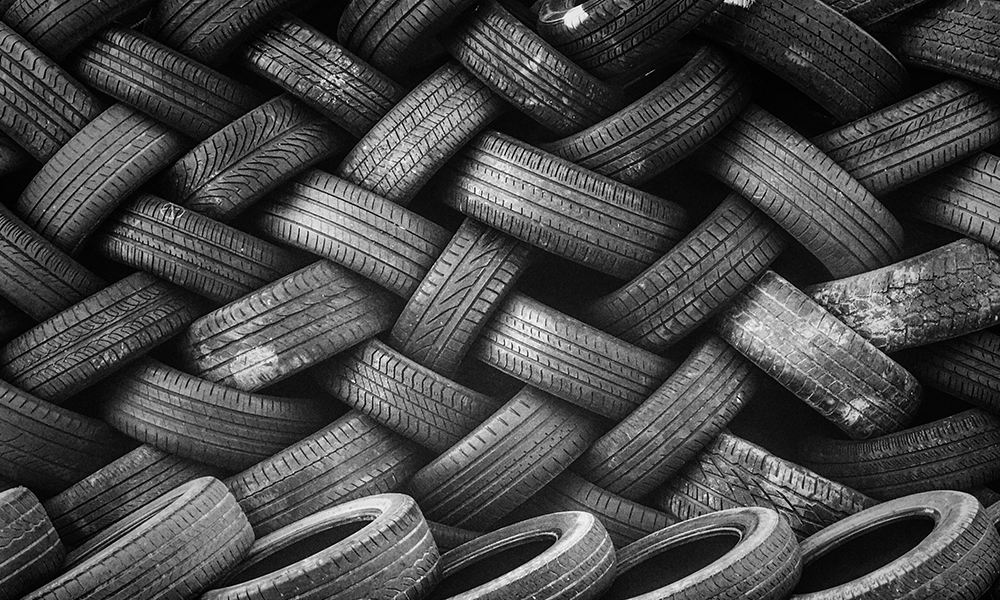Raul-02
Veteran Member
- Joined
- Aug 23, 2021
- Messages
- 1,467
- Tractor
- kioti DK4710 SE HST CAB
Yes the anode turns the whole thing into a battery where one side is positive and the other negative. The anode is losing electrons not the steel.Without doing any research...I'm pretty sure anodes (galvanization) works in the presence electricity...(electrolysis)...

